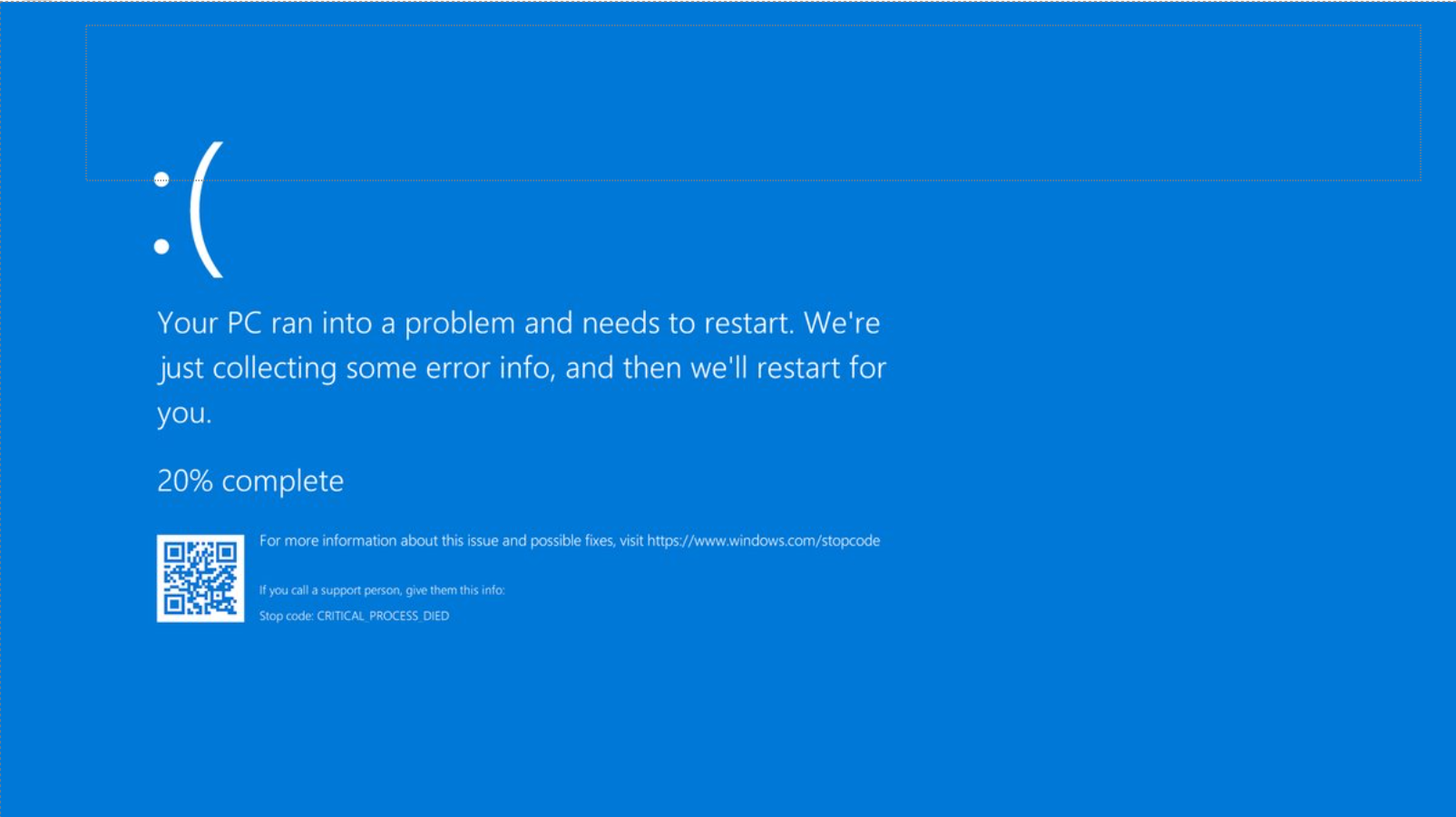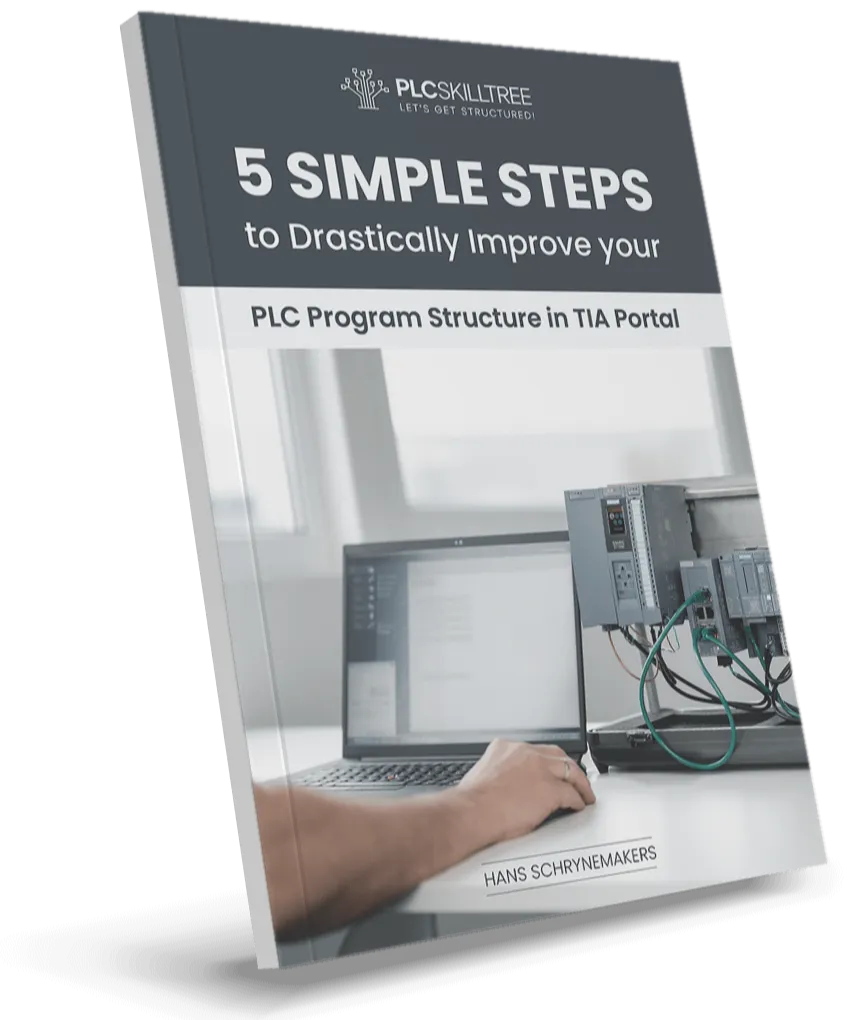Stay Confident on Every Commissioning: My 4 Key Rules
Nov 20, 2025
When you’re developing software at your desk or at home, life feels pretty relaxed. No loud noises. No production deadlines. No pressure. But the moment you’re at a customer site for commissioning, everything changes.
There’s a production run coming up, so things need to work as perfectly as possible. Someone is welding or hammering a few meters away because the piping still isn’t finished. The factory hall has no heating yet, so you’re sitting there in two sweaters trying to stay warm. All of this adds up and makes on-site work way more stressful compared to your comfy programming environment back at home.
I’ve been through dozens of production startups in my 20+ years as an automation engineer, and along the way I acquired four simple rules that kept me on track and always had my back. They help me stay confident and manage the usual stress when I’m in front of a customer. These rules are especially useful on longer visits.
Make sure you read all the way till the end, because the last rule might actually surprise you.
Here we go!
RULE NO. 1 💾 Take Daily Backups
This one might sound obvious, but you wouldn’t believe how many stories I’ve heard about PLC programmers losing days of work because they didn’t follow this one simple rule.

Software platforms aren’t perfect. They freeze. They crash. They close without warning. And most IDEs we use — like Siemens TIA Portal or Rockwell Studio5000 — run on Windows, which comes with its own lovely set of surprises. Blue screen anyone?

So what’s the fix when everything around you can crash at any time? Take regular backups.
I usually make at least one or two backups a day. That means archiving the project on my laptop and also saving a copy on something external like a USB stick or an SSD.

This simple habit has saved me countless hours of doing the same work twice.
RULE NO. 2 🔄 Stop and Start Fresh
Commissioning often means long days, back-to-back. And one thing I learned early on is this: when you’re stuck at the end of the day, it’s time to call it. You know the feeling. It’s been a long shift, you hit a problem late in the evening, and suddenly you can’t move forward. The stubborn part of you says, “Come on, let’s just fix this now”.

But here’s my honest advice — and it works every single time for me. Pack up your gear and leave the factory.
After so many hours, your brain slows down. Everything takes longer. What you really need is a reset. A night of sleep. Fresh eyes in the morning.

I’ve done this more times than I can count, and the “big problem” from the night before often takes less than half an hour to solve the next day.
Give it a try. You’ll be surprised how magical this habit is.
RULE NO. 3 🔌 Power-Cycle Before Leaving
Imagine this. You finish your work on-site Friday evening and fly home Saturday. Then Monday morning your customer calls you in a panic. They shut the power off over the weekend and now the line won’t start up again. Sounds familiar?
I’ve been in that situation more than once (before I started following this rule).
Some customers leave their electrical cabinets powered 24/7. Others shut everything down the moment production stops. And in some parts of the world you also deal with random power outages for all kinds of reasons.
When you make software changes during commissioning, always perform a full power-down and power-up to make sure your changes actually stick.

Take Siemens for example. If you change parameters in a drive, you need to copy the data from RAM to ROM. That permanently saves it. If you forget and the system gets power-cycled, your changes disappear.
I know you can’t always follow this rule, especially when the customer runs production nonstop. But if you get the chance, do yourself a favor. Power-cycle the system and make sure the machine or line still runs correctly afterwards. You'll feel way more confident leaving the production behind, knowing that your software has been battle-tested.
Three rules down, one to go, and this last one might leave you scratching your head...
RULE NO. 4 ⛔ No Last-Minute Changes
You’ve probably been there. You’ve got three hours before your flight, and the customer asks for “just one small change”. You make it, grab your cab, and fifteen minutes later your phone rings. The line is down, and they need you to come back.
I’ve lived that story more than once — but not anymore.
These days I make it clear to the customer on the final day of commissioning: unless it’s absolutely necessary or incredibly simple, I don’t touch the software.

The last day is for observation only. If something comes up, I write it down and tell them we’ll handle it later or during a remote session.
These are the four rules that help me stay confident, work efficiently, and reduce stress on every commissioning:
-
💾 Make regular backups to protect your work
-
🔄 Restart fresh instead of pushing through late nights
-
🔌 Power-cycle to make sure your changes actually stick
-
⛔ Avoid last-minute changes so you can catch your flight home
Stick to these, and you’ll leave the site knowing everything is under control.
Thanks for reading, and stay structured.
-Hans

Download your FREE GUIDE NOW!
5 Simple Steps to Drastically Improve your PLC Program Structure in TIA Portal by Hans Schrynemakers
This is one of my most popular guides, and I’m happy to share it with you for free! Inside, you'll learn about:
- The #1 Way to Eliminate Messy PLC Programming in Just 5 Easy Steps!
- The Proven Method for Building Scalable, Future-Ready PLC Applications in TIA Portal.
- Discover How Modular Design and Structured Data Can Eliminate Costly Errors and Downtime.
- Break Free from Unstructured Programming - Build Clear, Modular TIA Portal Applications with Confidence.
- Master the Techniques that Separate Amateur PLC Programmers from Professionals.



